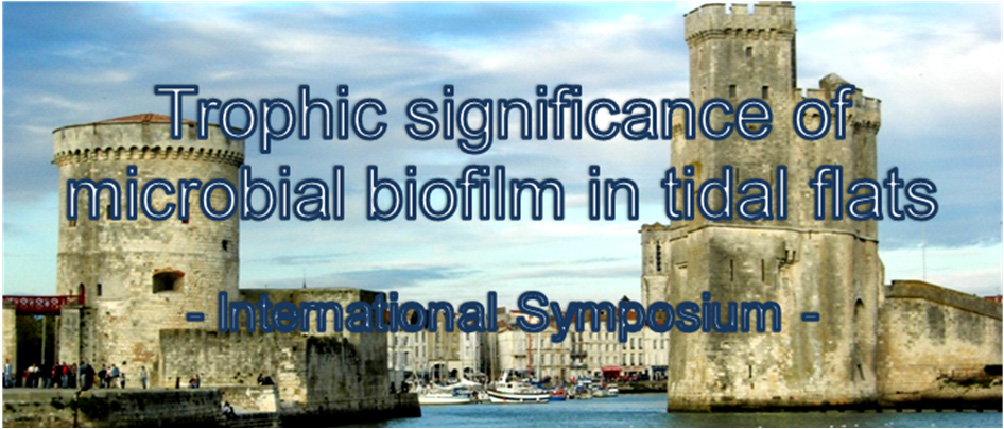Summary of sessions

Session 1: Biofilm: interactions between microphytobenthos /prokaryotes /viruses/ exopolymeric substances
Intertidal mudflats play a central role in the productivity of coastal areas thanks to the enrichment of the adjacent terrestrial and marine ecosystems via related trophic as well as hydrodynamic pathways. The high productivity of theses intertidal mudflats is due to the presence of a specific microbial biofilm. This microbial biofilm is composed by a complex of microphytobenthos (MPB)/ prokaryotes/ viruses/ exopolymeric substances. This complex ensures the entering of both chemical and physical energies and their conversion into biological energy which further sustains the whole ecosystem and beyond. This session requests for investigations of this unique microbial assemblage composed by complex mixture of different communities with various functionalities responding specifically to environmental and biological constraints.
Session 2: Benthos-pelagos coupling: exportation and fate of biofilm
Intertidal flats erosion may be highly variable in space and time and results from complex relationships between hydrodynamic forcings during tidal flow, sediment properties, macrofauna and microphytobenthos activities. When erosion occurs, resuspended matter (either organic or inorganic) is incorporated in the planktonic ecosystem. This session calls for investigations focused on the quality and quantity of matter transfer based on mechanistic-like processes and their impact on the functioning of the planktonic food web (from viruses to copepods).
Session 3: Biofilm as an intertidal food web resource
The biofilm permits to sustain an intertidal food web. The session focuses on the direct or/and indirect consumption of primary and bacterial benthic biofilm production by key benthic fauna groups (meiofauna and macrofauna), and by highly mobile macropredators (fishes, birds).
